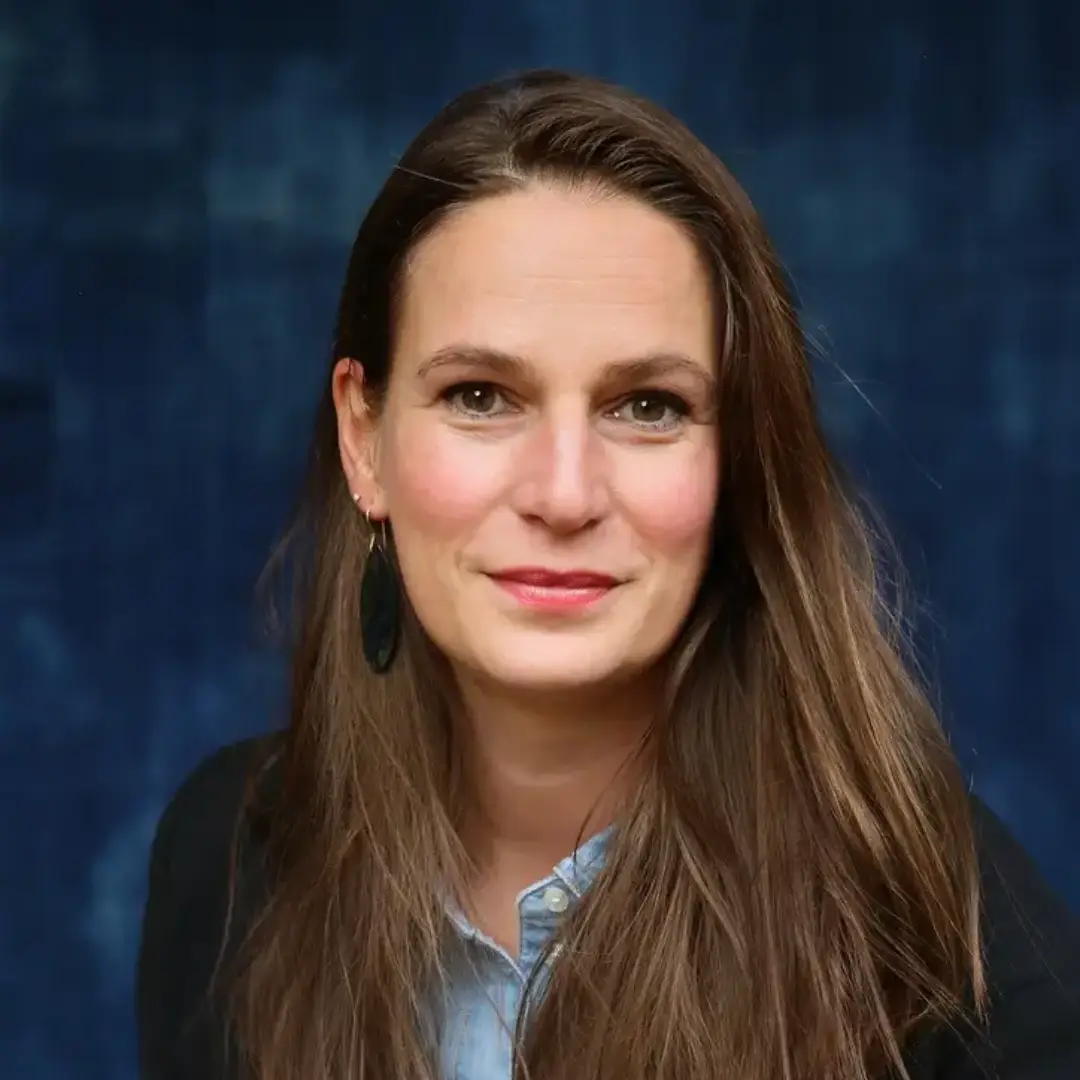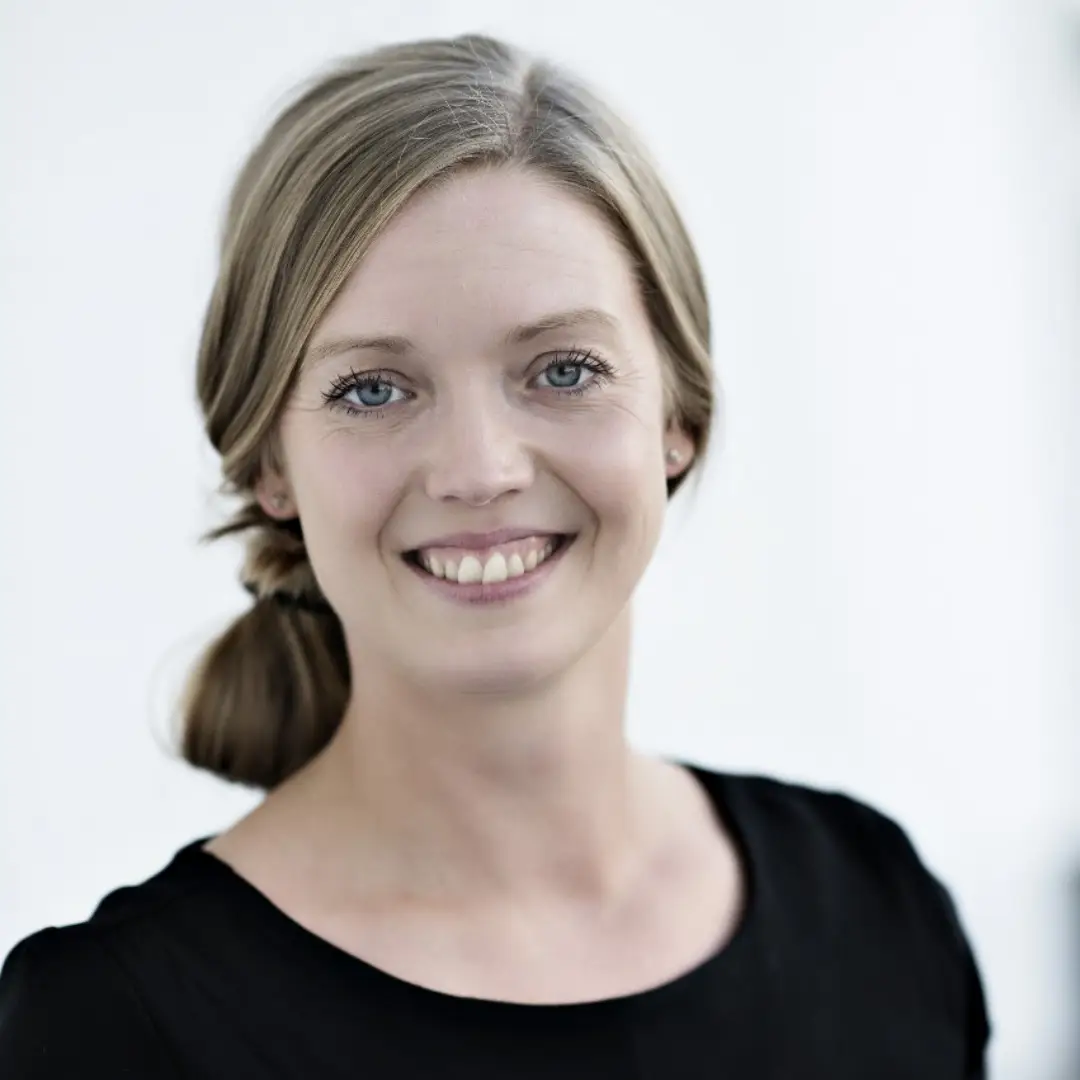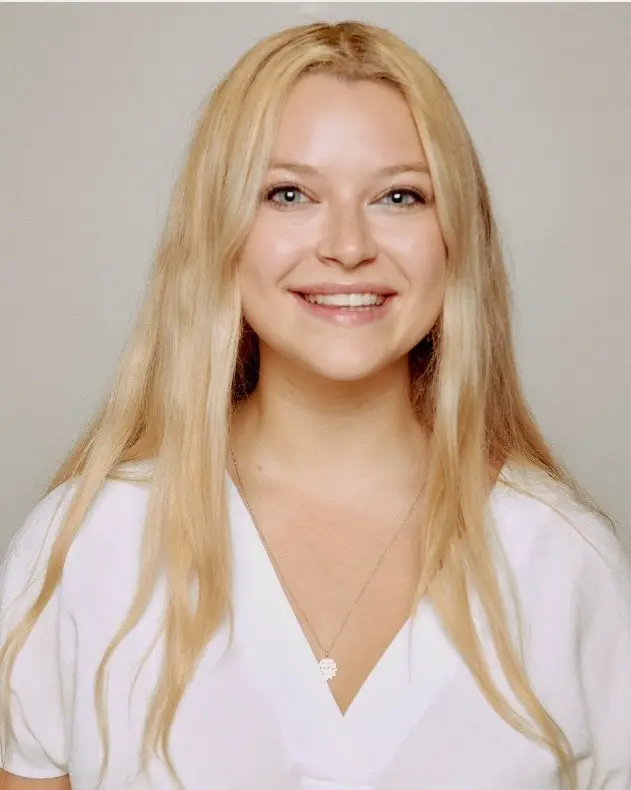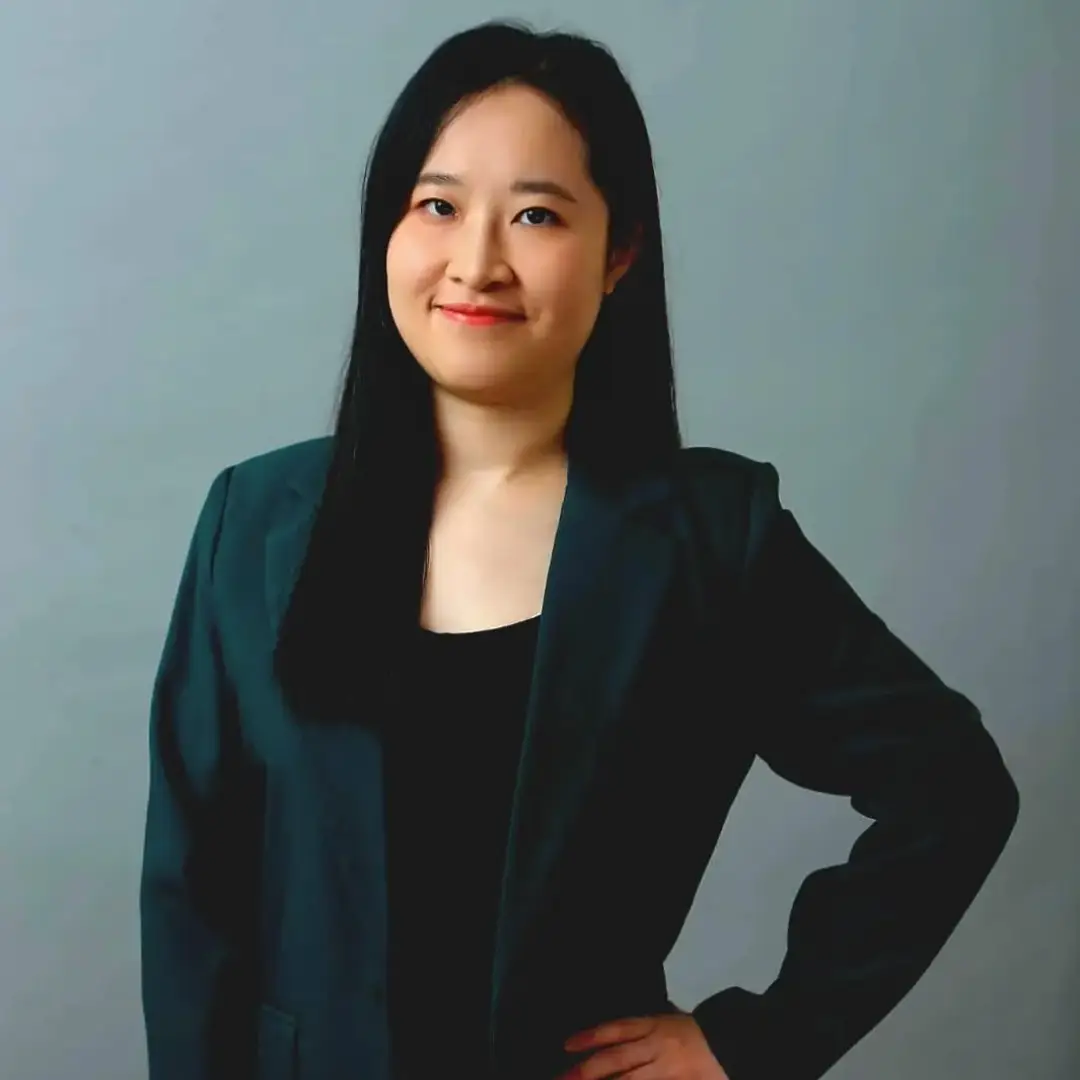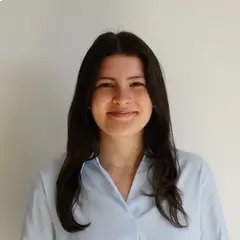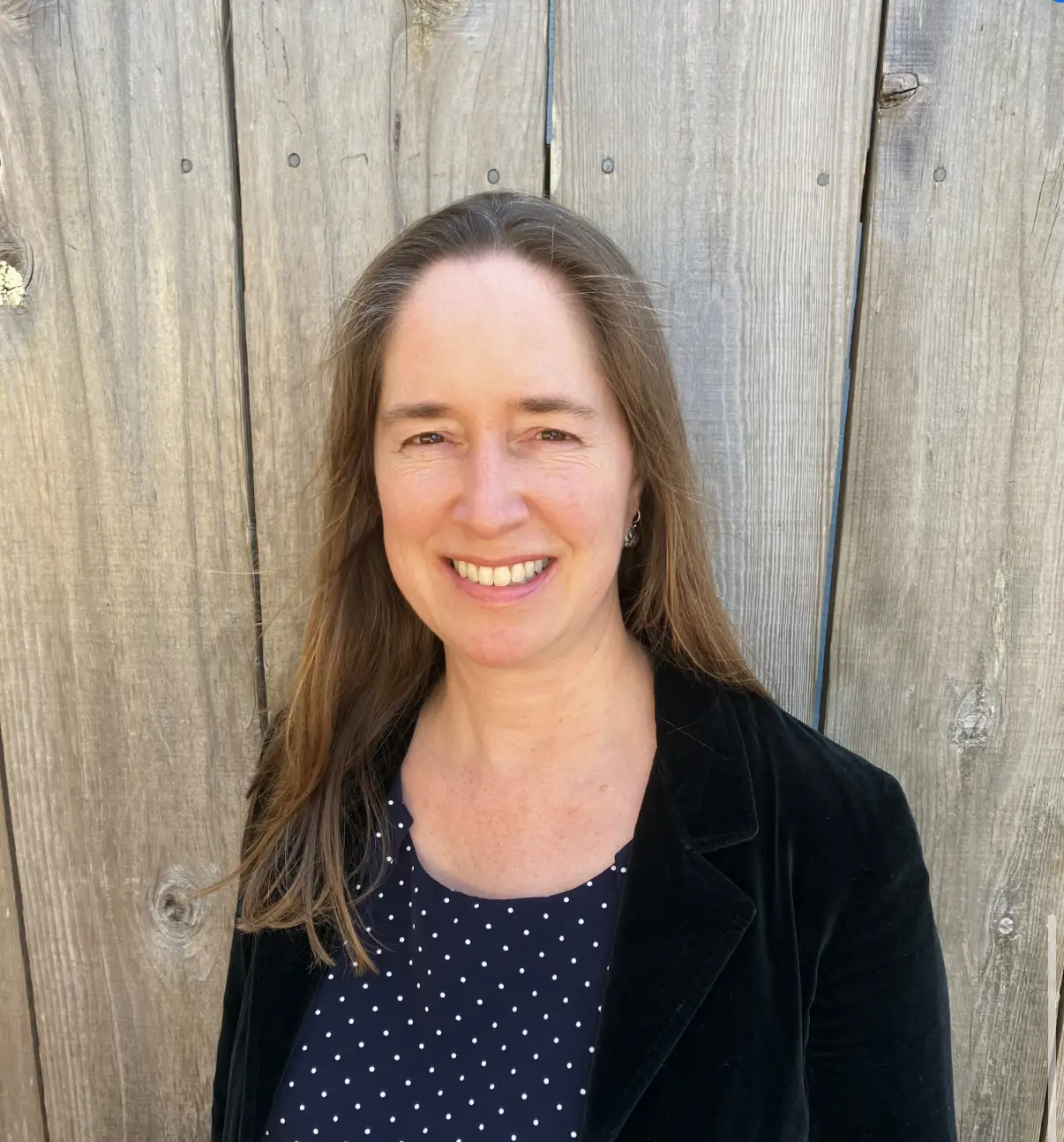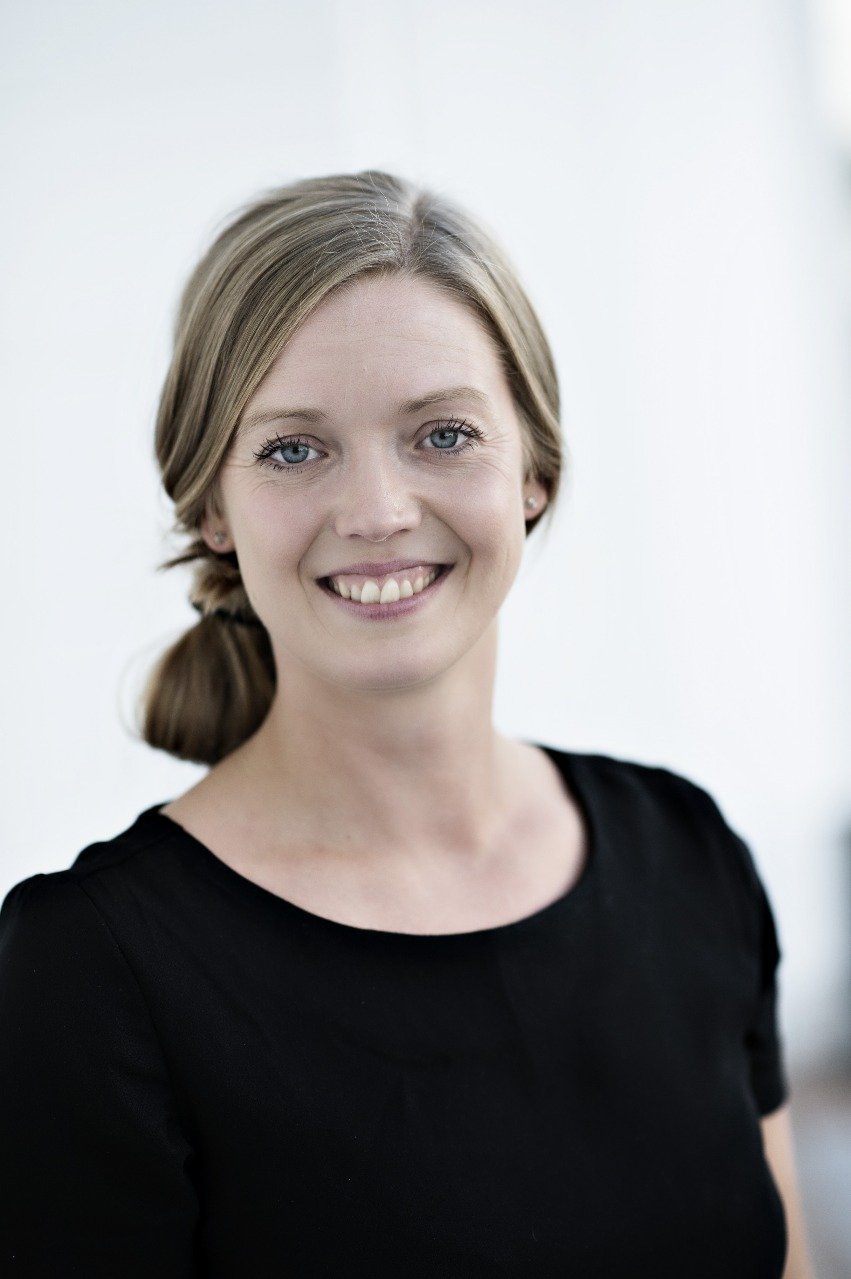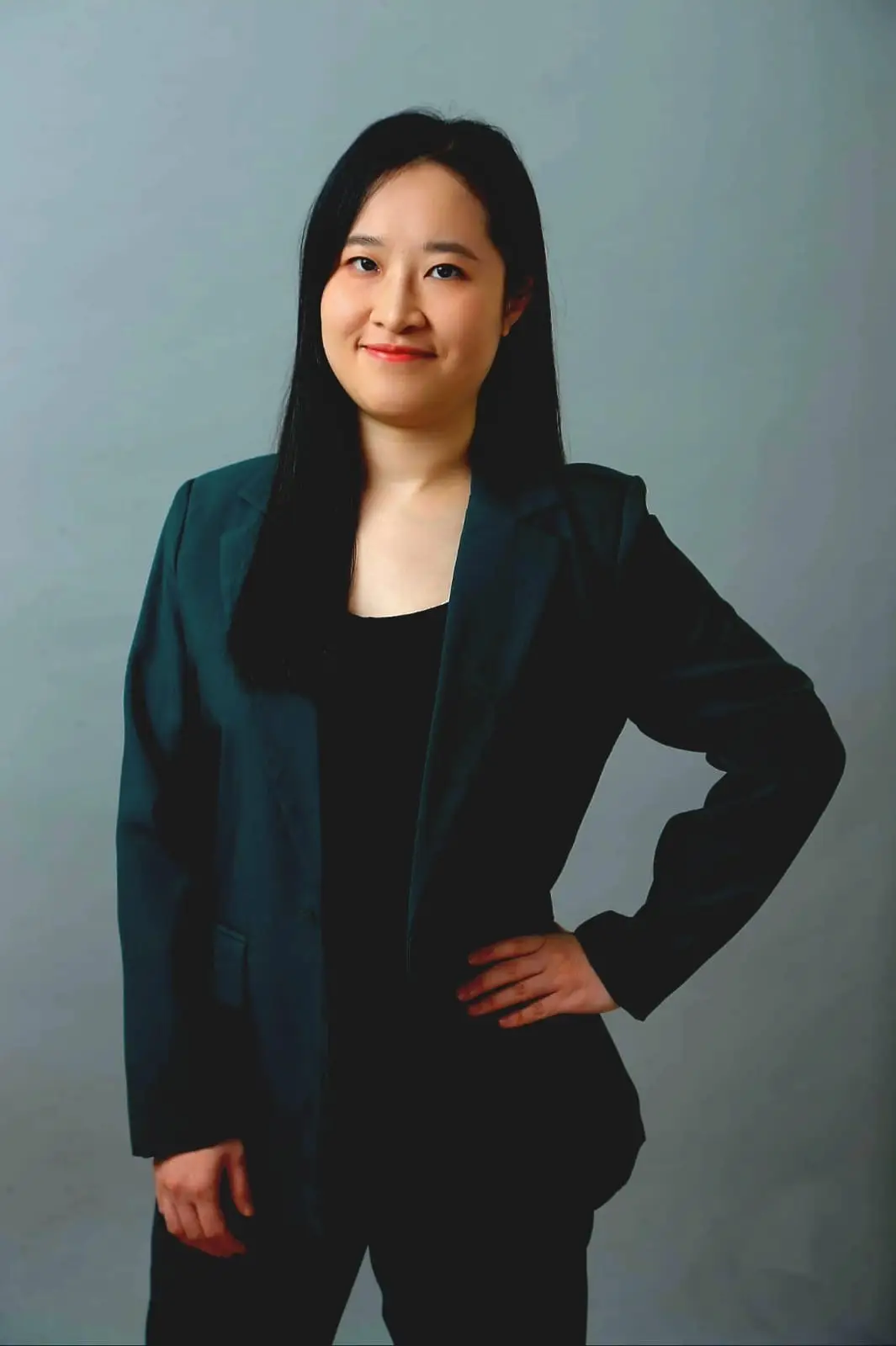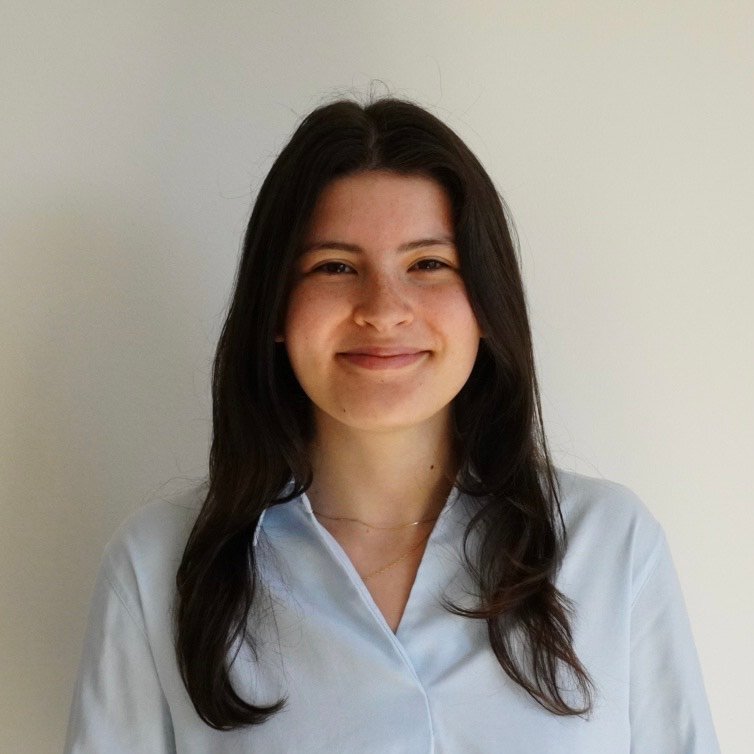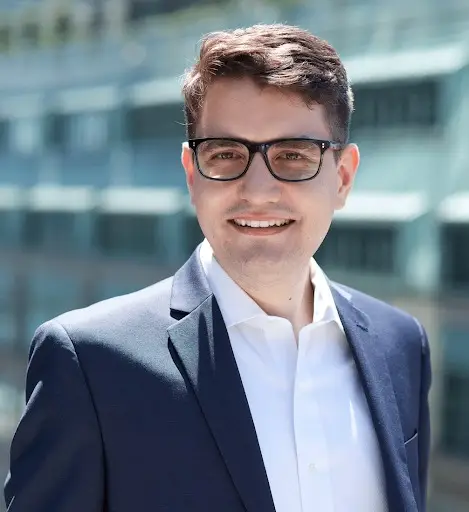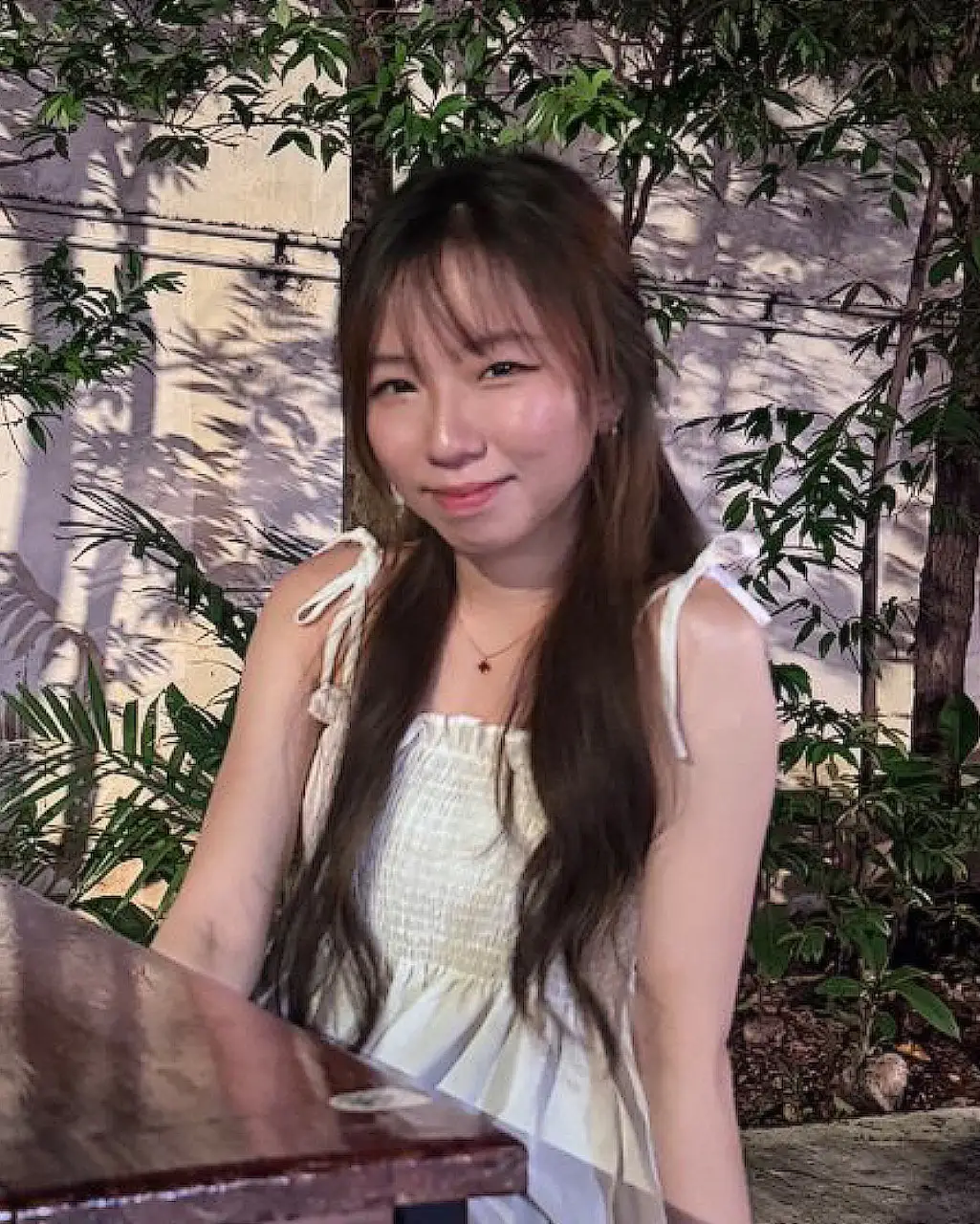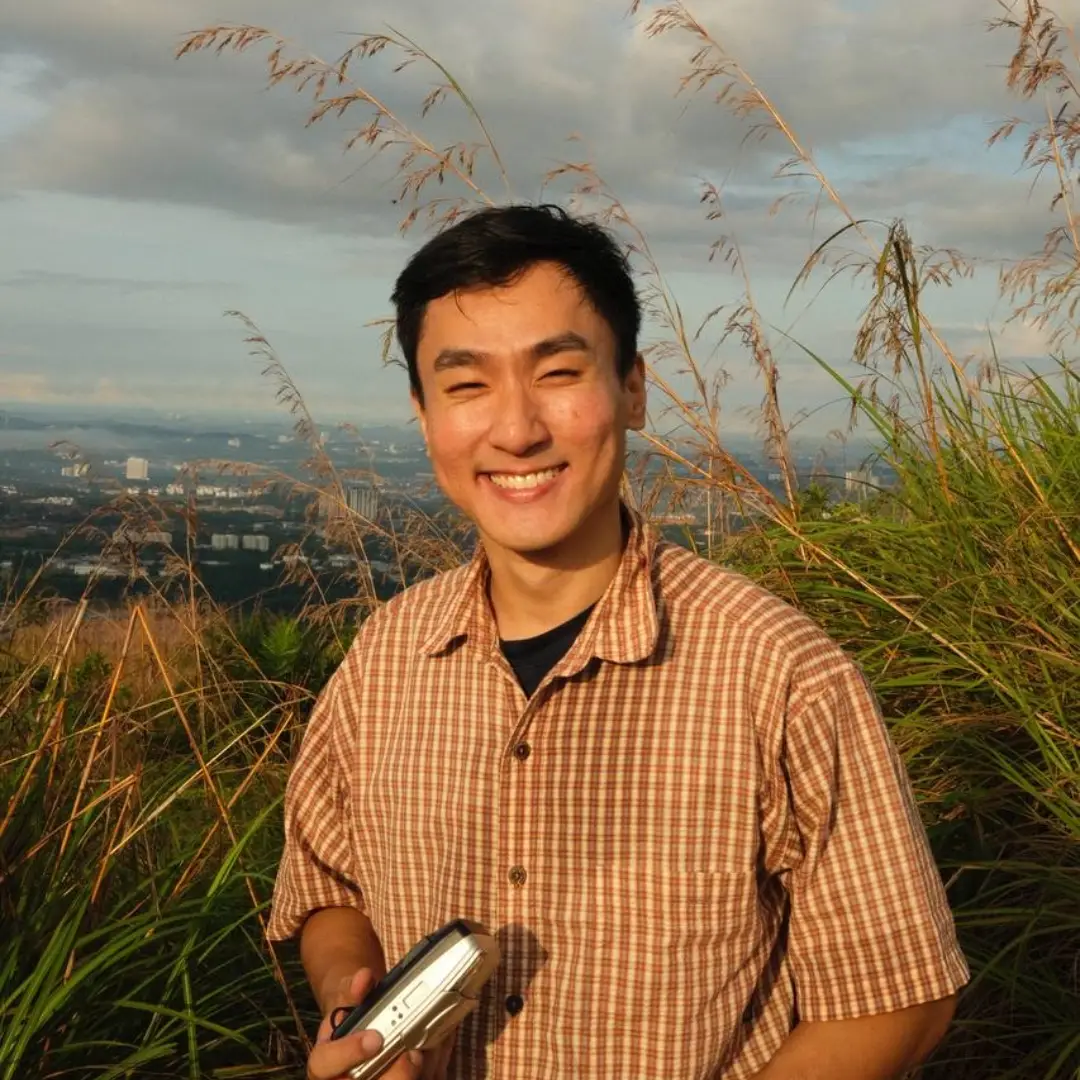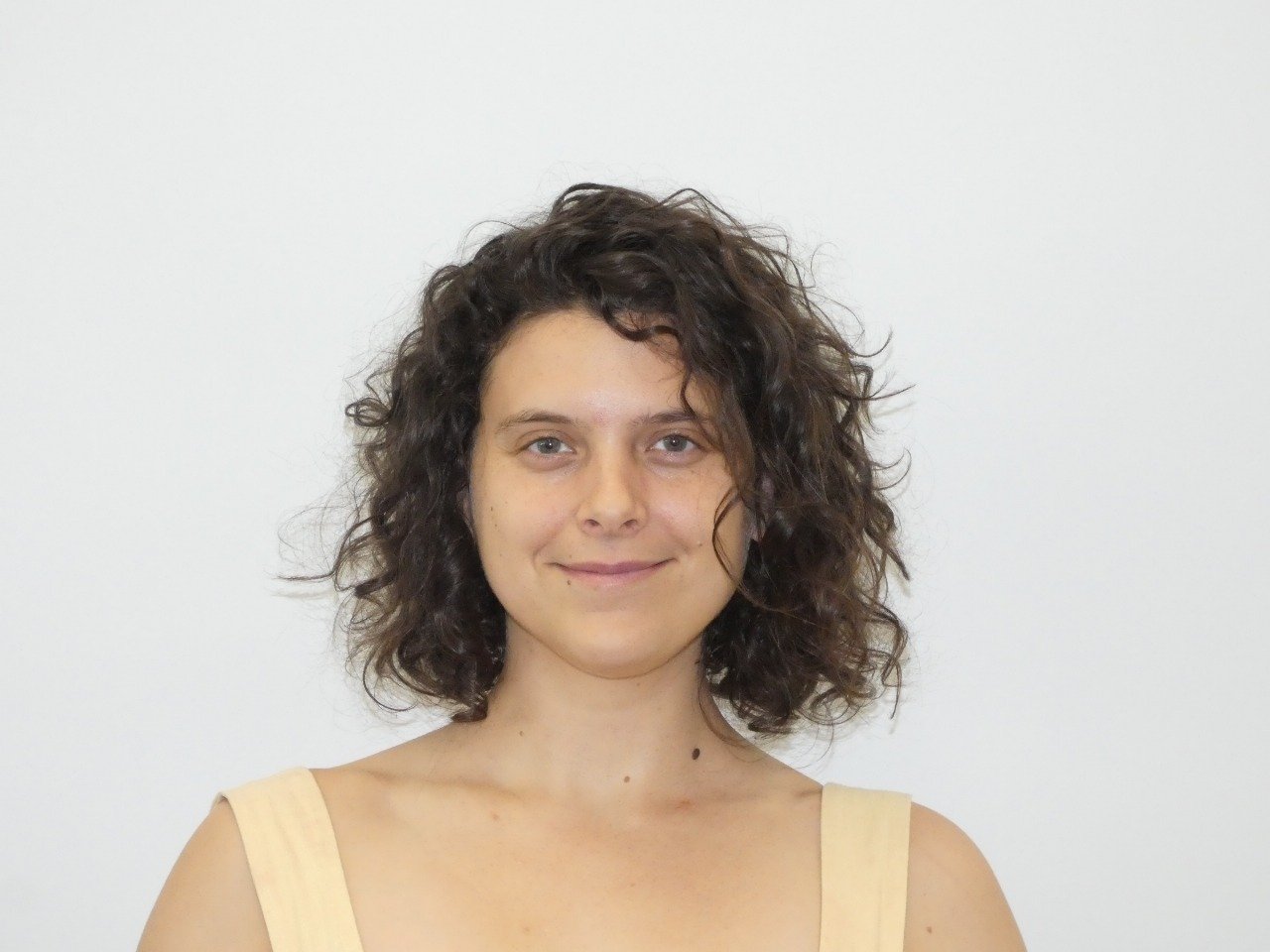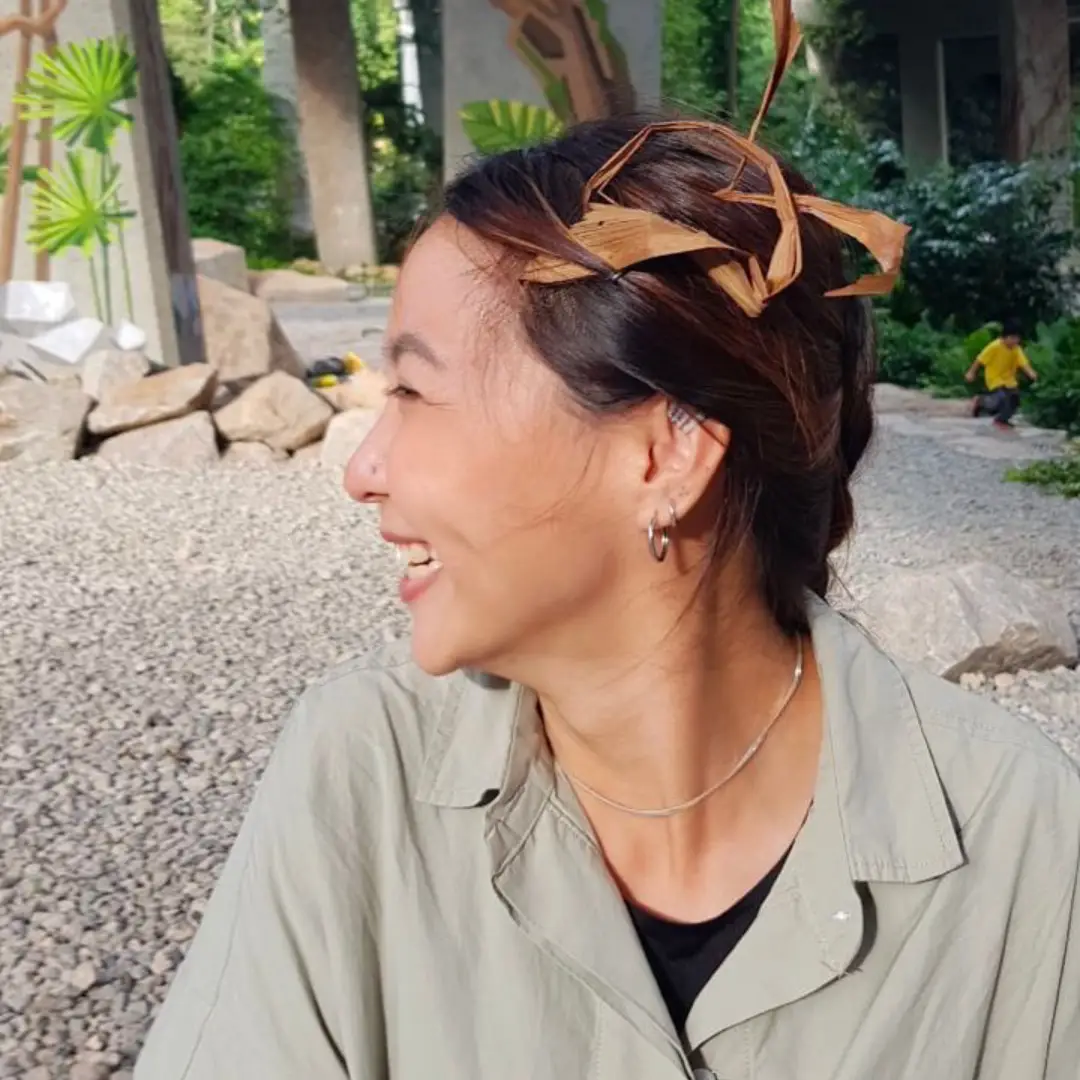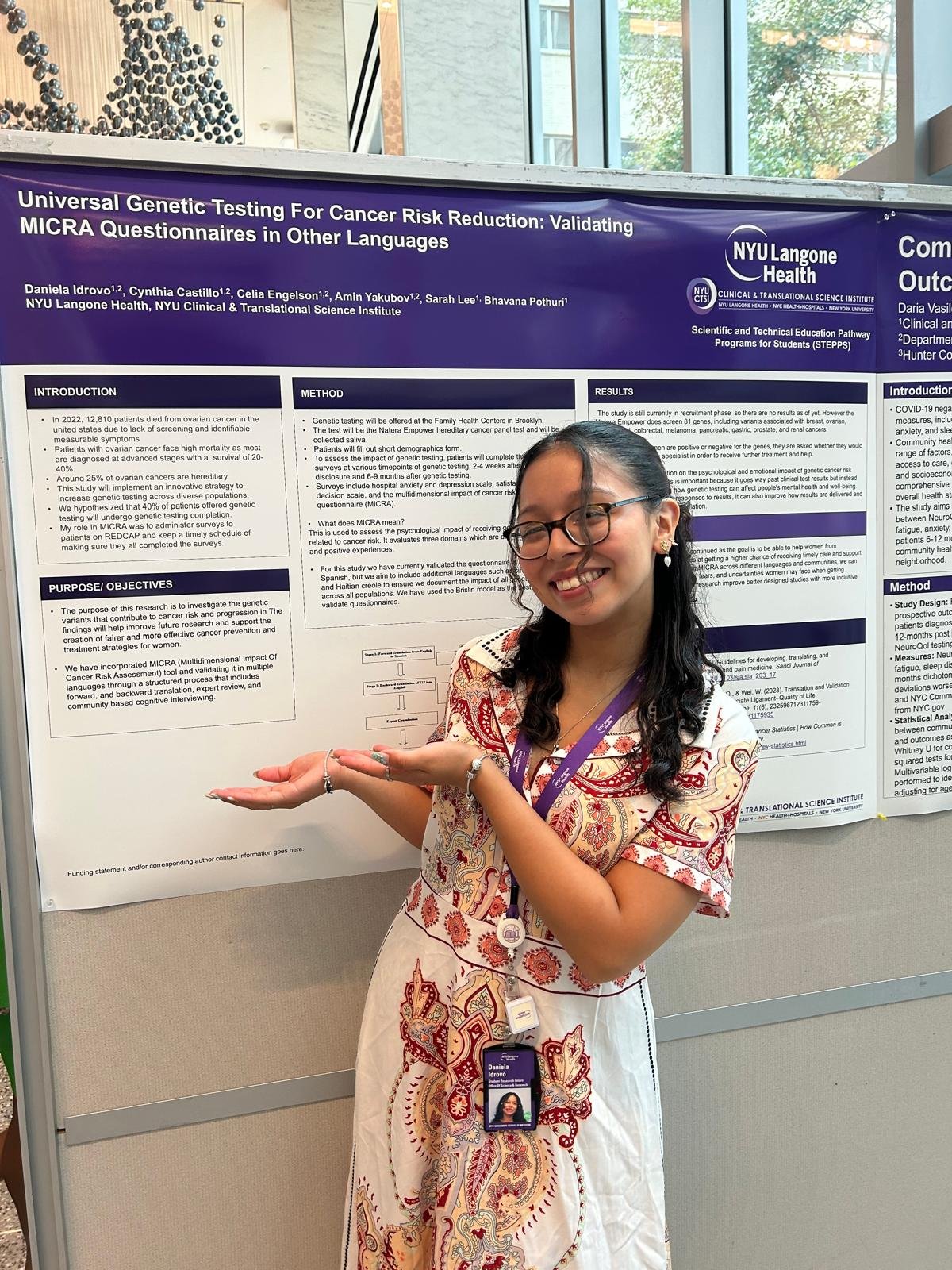Meet Our Team
Meet Our Team
Dr. Anna-Maria Volkmann
Anna-Maria is a health psychologist and medical anthropologist with nearly 20 years of experience researching how social, cultural, and structural factors shape long-term health outcomes. Her work focuses on urban health, health vulnerability, resilience, and non-communicable diseases.
She currently leads ethnographic studies on the social determinants of health in New York City, Singapore, and Helsinki as part of the AI4HealthyCities initiative. She developed the widely implemented Health Vulnerability Assessment, a data collection and analysis instrument used to identify and address health risks in marginalized populations.
Anna-Maria has worked with major global organizations, including WHO, UNICEF, and private-sector partners, and has led large-scale projects such as the EU-funded SONAR_Global Vulnerability Assessments on COVID-19-related health vulnerabilities. She was also a founding member of the Cities Changing Diabetes programme (now Cities for Better Health).
Her research spans a wide range of topics, including living with chronic illness and disability, maternal and child health, and the health challenges faced by migrant and refugee populations. She contributed to the Lancet Commission on Culture and Health and serves as editor of the Culture and Health book series with UCL Press.
David Napier
Louise Hesseldal
Louise is an experienced professional in public-private partnerships, with a strong focus on global health collaborations, research, and community engagement. She spent over 12 years at Novo Nordisk A/S, where she played a key role in developing and implementing DAWN2, a 17-country study on the psychosocial aspects of diabetes. She was instrumental in shaping the Cities Changing Diabetes programme (now Cities for Better Health) and the Childhood Obesity Prevention Initiative. Today, Louise works independently, applying anthropological and ethnographic methods to design meaningful interventions, while expanding her expertise into biopsychology. She holds an MSc in Social Sciences from Copenhagen Business School.
Emma Boxley
Emma Boxley is a medical doctor and researcher with a master’s degree in medical anthropology from University College London (UCL). Her work focuses on health equity, social determinants of health, and access to medicines.
In addition to her research, Emma co-founded MindHealth, the award-winning UK charity dedicated to supporting medical student well-being, where she serves as Trustee and Chief Operating Officer. Her dedication to global health and mental health advocacy has been recognised with the prestigious Diana Award. Emma also serves as a Cohort Director at the Healthcare Leadership Academy, mentoring future healthcare professionals in leadership and navigating the complexities of modern healthcare.
Wenqin Zhang
Wenqin Zhang has a background in global health and international development, with expertise in research, project management, and stakeholder engagement. Her work focuses on understanding how social determinants of health shape health outcomes, with a particular interest in the intersection of health, gender, and migration. She currently manages the AI4HealthyCities ethnographic study across New York, Singapore, and Helsinki, coordinating research activities and stakeholder engagement to inform policies that promote cardiovascular health.
Wenqin has worked with Novartis Foundation, various United Nations agencies, NGOs and academic institutions, contributing to initiatives on digital health, health equity, and service accessibility. With experience in both qualitative research and program implementation, she is committed to designing and managing projects that drive meaningful change in public health and development. She holds a Master’s in Global Health from the University of Geneva and a Bachelor’s in International Politics from Fudan University.
ORCID: https://orcid.org/0000-0002-2922-218X
